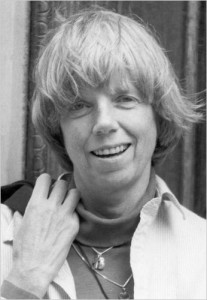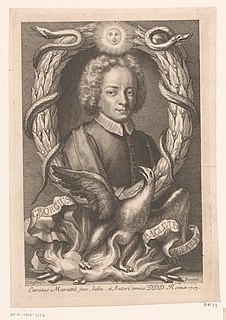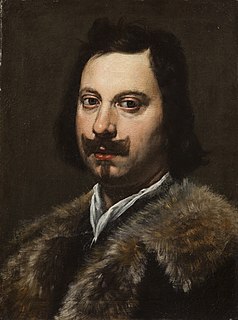A Quote by Frank Lloyd Wright
Man is a phase of nature, and only as he is related to nature does he matter, does he have any account whatever above the dust.
Related Quotes
Man is the only animal who does not feel at home in nature, who can feel evicted from paradise, the only animal for whom his own existence is a problem that he has to solve and from which he cannot escape. He cannot go back to the prehuman state of harmony with nature, and he does not know where he will arrive if he goes forward. Man's existential contradiction results in a state of constant disequilibrium. This disequilibrium distinguishes him from the animal, which lives, as it were, in harmony with nature.
Is it wholly fantastic to admit the possibility that Nature herself strove toward what we call beauty? Face to face with any one of the elaborate flowers which man's cultivation has had nothing to do with, it does not seem fantastic to me. We put survival first. But when we have a margin of safety left over, we expend it in the search for the beautiful. Who can say that Nature does not do the same?
We speak erroneously of "artificial" materials, "synthetics", and so forth. The basis for this erroneous terminology is the notion that Nature has made certain things which we call natural, and everything else is "man-made", ergo artificial. But what one learns in chemistry is that Nature wrote all the rules of structuring; man does not invent chemical structuring rules; he only discovers the rules. All the chemist can do is find out what Nature permits, and any substances that are thus developed or discovered are inherently natural. It is very important to remember that.
The moral justification of capitalism does not lie in the altruist claim that it represents the best way to achieve 'the common good.' It is true that capitalism does -- if that catch-phrase has any meaning -- but this is merely a secondary consequence. The moral justification for capitalism lies in the fact that it is the only system consonant with man's rational nature, that it protects man's survival qua man, and that its ruling principle is: justice








































